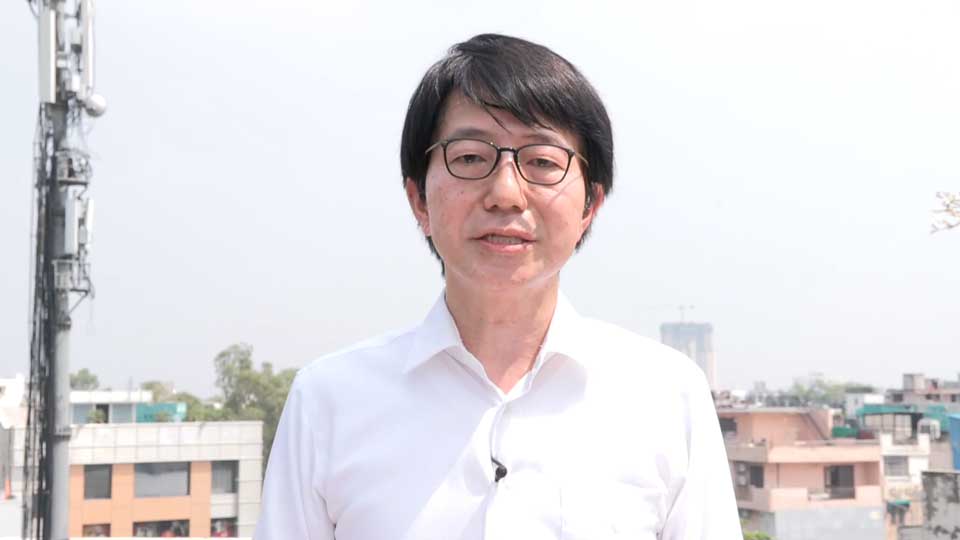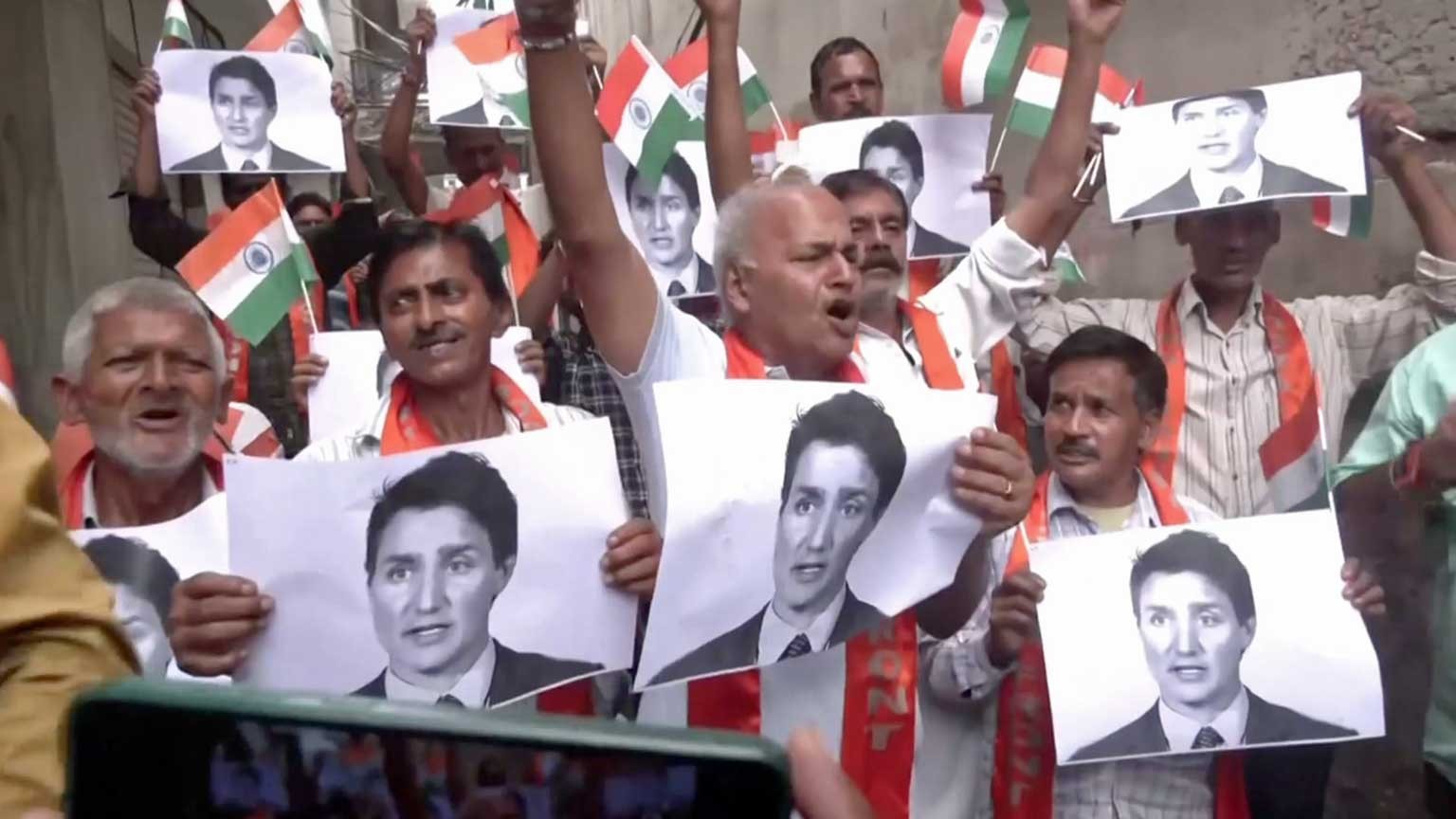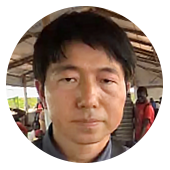NHK Newsline's anchor James Tengan asked NHK World's correspondent in New York, Sato Mariko, about Canada's perspective on the dispute.
James Tengan: What has been the reaction in Canada?
Sato Mariko: There has been a lot of anger from Sikh Canadians directed at India over these allegations. Canada is home to 770,000 Sikhs, the highest population outside India, and they are influential.
There are a number of prominent Canadian politicians who are Sikh, including the leader of a major political party. So this is not a small group allegedly targeted by India. The Sikh community has held protests, and the Indian Embassy in Ottawa has tightened security. Canada is also home to a large number of non-Sikh Indians who may sympathize with New Delhi and be skeptical of these allegations.
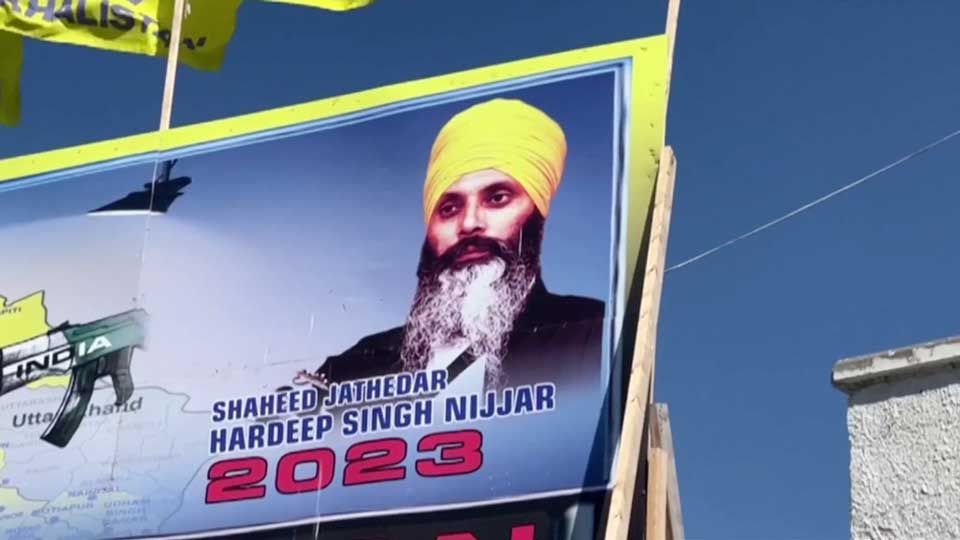
Tengan: What are the political ramifications of the dispute?
Sato: We've seen media in both countries say this has put Canada and Indian relations at a historic low point. India has previously accused Canada of harboring leaders of the Sikh separatist movement, which New Delhi considers a terrorist group. This killing has brought those tensions into the forefront. It also comes as Canada is at a historic low point in relations with India's neighbor, China. Canada's close ally, the US, has been courting India as a bulwark against Beijing's influence in the Indo-Pacific. This dispute could have a ripple effect on that.
Tengan: How have Canada's allies responded?
Sato: They've responded very carefully. The US and the UK have said they're concerned over the killing. But they've stopped short of blaming India. The US National Security Advisor Jake Sullivan simply says his country is watching the investigation closely.
He says, "We are in constant contact with our Canadian counterparts. We are consulting with them closely. We support the efforts that they are undertaking in this investigation. And we have also been in touch with the Indian government as well."
Sato: At the moment, Canada has yet to release its evidence showing India's link to the killing. Until that's made public, we can expect the US and other G7 members to choose very cautious language. They don't want to endanger ties with one of the most powerful players in Asia and key counter to China.
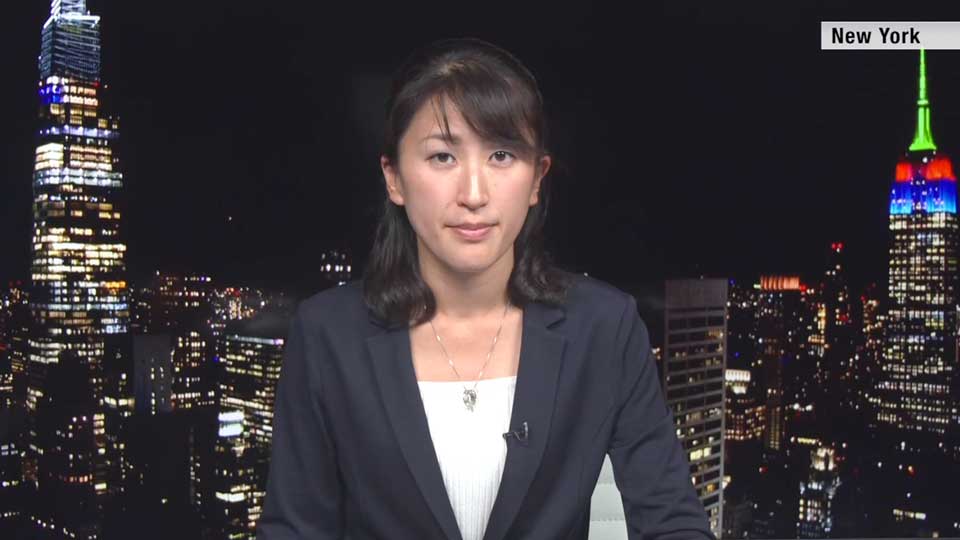
Then, Tengan asked NHK's New Delhi Bureau Chief, Mitamura Taro, about India's perspective and possible next move in the dispute.
Mitamura Taro: India has reacted firmly, and has shown no sign of backing down, and it's not just rejecting the allegations.
It's also pointing a finger at Canada. India's External Affairs Ministry Spokesperson Arindam Bagchi criticized Ottawa for failing to provide evidence, and insisted the accusations were politically-motivated. He even said that Canada is now a hotbed for terrorism targeting India, and is doing nothing to stop it.
He says, "Any country that needs to look at this, I think it’s Canada, and its growing reputation as a place, as a safe haven for terrorists, for extremists and for organized crime."
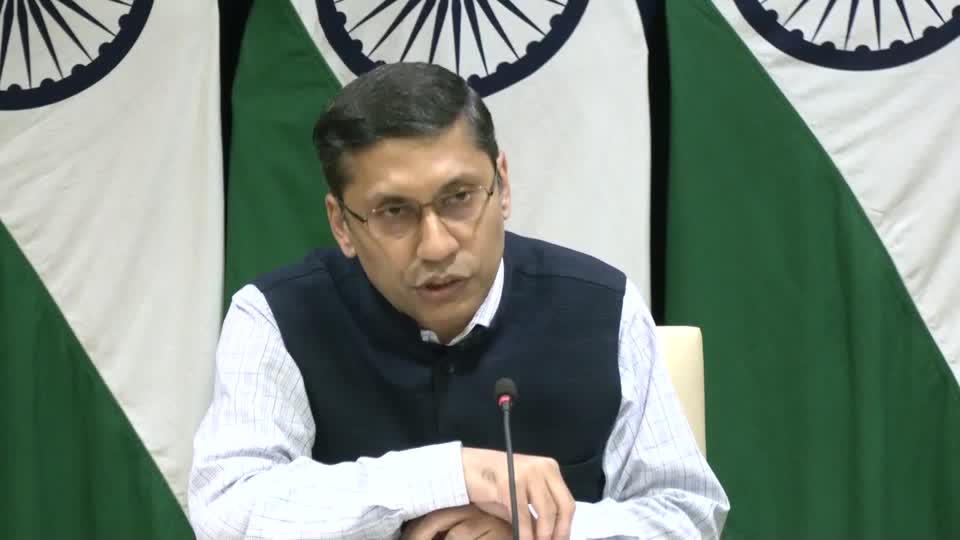
Tengan: What are the origins of the dispute?
Mitamura: It can be traced to India's "Khalistan Movement," which is fighting for an independent Sikh homeland in the northern Indian state of Punjab.
The violence peaked in the 1980s, which led to crackdowns by the Indian government. Tensions led to Indian Prime Minister Indira Gandhi's assassination at the hands of her Sikh bodyguards. An Air India flight out of Canada was also bombed by Khalistan supporters, killing all 329 people on board.
Crackdowns led many Sikhs to settle in Canada, which has robust protections around political speech. As Mariko mentioned, India claims that's allowed the Sikh independence movement to operate freely.
Tengan: What will be India's next move?
Mitamura: Indian Prime Minister Narendra Modi is yet to make an official statement, but I don't think he has any intention of pulling back at this moment. We've seen an outcry here in India against Trudeau. Modi has built domestic support as a tough leader on the world stage, and he'll seek to maintain that ahead of a general election set for next year.
He's also riding high after India chaired this year's G20 summit. Modi cemented India's position as bridging gaps between the G7, Russia, China, and the Global South. There is still a chance this issue could harm India's momentum in becoming a respected global power. But the caution being taken by the US and its allies shows how advantageous Modi's position has become.
